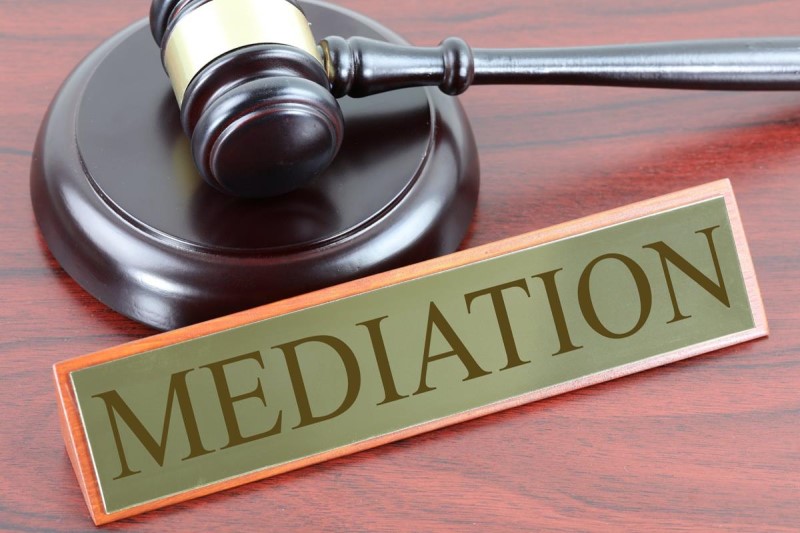In divorce mediation, a neutral third party assists you and your spouse in reaching agreements about your divorce. The goal of mediation is to allow the divorcing couple to reach agreements that meet their needs as well as the needs of their children without the financial and emotional cost of a court battle.
Mediation is a voluntary process and can only be successful if both parties are willing and ready to cooperate and actively participate. These five yes/no questions provide a guide for determining if the mediation process is the right fit for your desires, abilities, and family circumstances. If you answer “no” to any of the following, divorce mediation may not be your best option.
1. Do you and your spouse both want this divorce, but there are unresolved issues between you?
For mediation to work, both parties must want to end the relationship fairly and transparently. But it is only necessary to resolve issues. If you have a very simple case with no disagreements, a mediator is unnecessary and it will be more cost effective to just hire attorneys to draft your divorce agreement.
2. Do you believe you know what is best for your family?
Divorce mediation works well for those who feel that they have a strong sense of what is best for the family. If you feel you need a great deal of guidance in making decisions for your family’s future, mediation might not be for you.
3. Are you willing to make your own decisions about your divorce settlement?
Divorce mediation requires that both spouses take ownership of and responsibility for the decisions made both individually and collectively with the soon-to-be-ex spouse, and craft a settlement that is agreeable to both.
4. Can you understand the financial information and the implications of various financial options if they are explained to you?
You may be thinking that a finance background or financial sophistication is required for mediation—it’s not! It is, however, important to be able to understand the mediator, attorney, or financial advisor’s explanations as well as their explanations of the implications of any potential decision. A “yes” to this question indicates that a person has a sufficient understanding (and is comfortable taking ownership of) their financial reality.
5. Are you willing and able to speak up for yourself, with the assistance of the mediator, in the presence of your spouse?
Mediation can’t be another space for soon-to-be-ex spouses to have the same old fights again. The purpose is to work through the conflict together. Parties that can speak up for themselves frankly and honestly can work towards a resolution with the help of the mediator.
Negotiating an agreement together (as opposed to speaking through attorneys), offers divorcing spouses the ability to shift the conversation and to process the story of their marriage differently. This process often ultimately leads to feelings of empowerment, with far less dissatisfaction than traditional contested divorce.
For more information about divorce mediation or other divorce process options, contact a Collaborative Practice team member at 913-380-2560 or click here.


